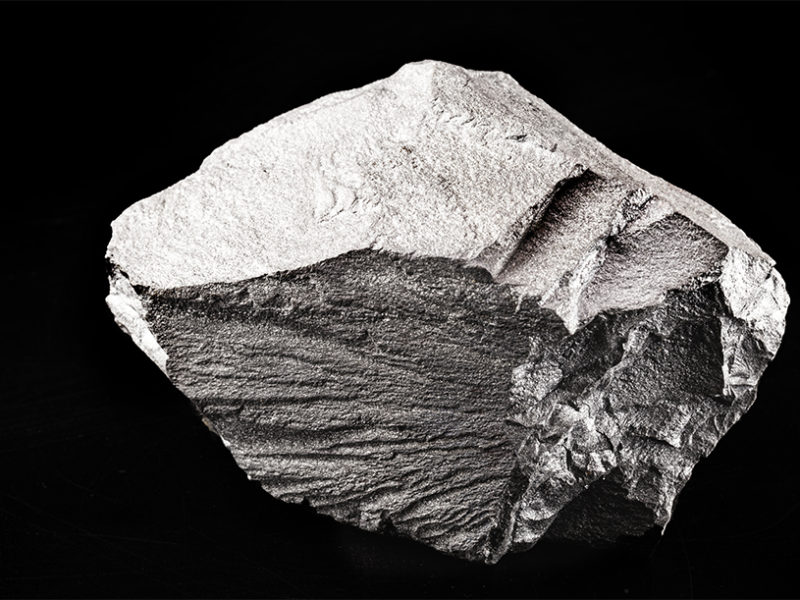In a trending theory article, Dennis Mangan proposes several reasons why iron may be a key driver of aging.
Aging-US Research

Researchers adopted 103 retired sled dogs for a longitudinal study on canine aging that may one day be used to increase human healthspan and longevity.
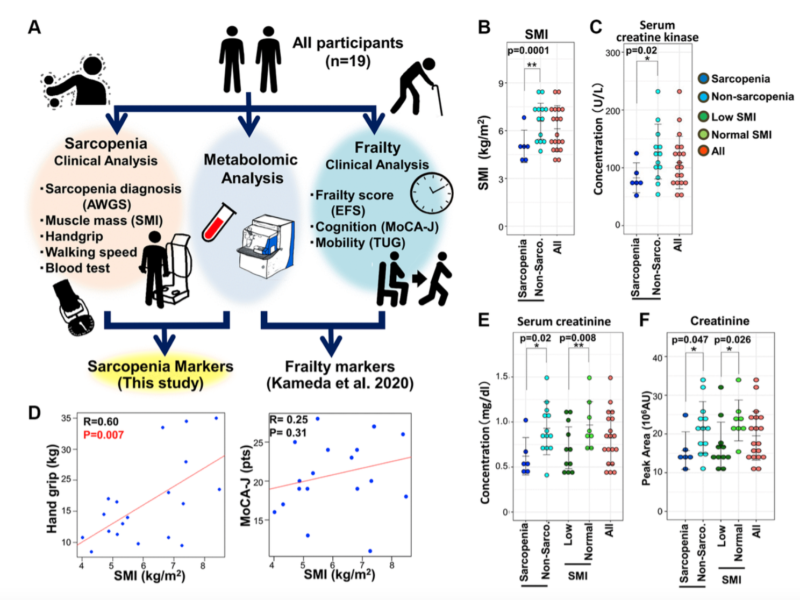
Sarcopenic patients share clinical features with frailty, but just how similar are they? Researchers used metabolomic analysis to assess the metabolic profiles of sarcopenia in relation to frailty.
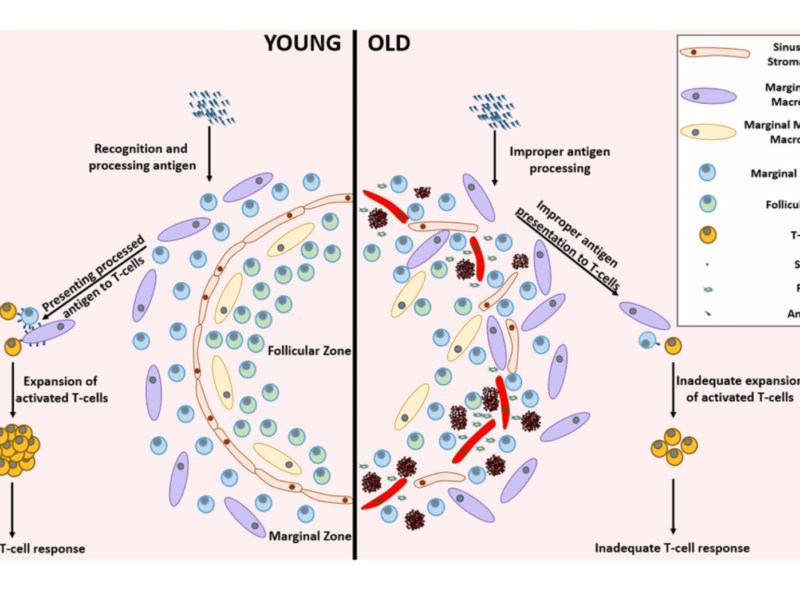
Literature on the interaction between cellular senescence and the immune system is reviewed, with a focus on cellular senescence in lymphoid organs.

Data may hold the key to cracking COVID-19. Researchers parsed through clinical data from around the world to glean new insights about this virus’ patterns.
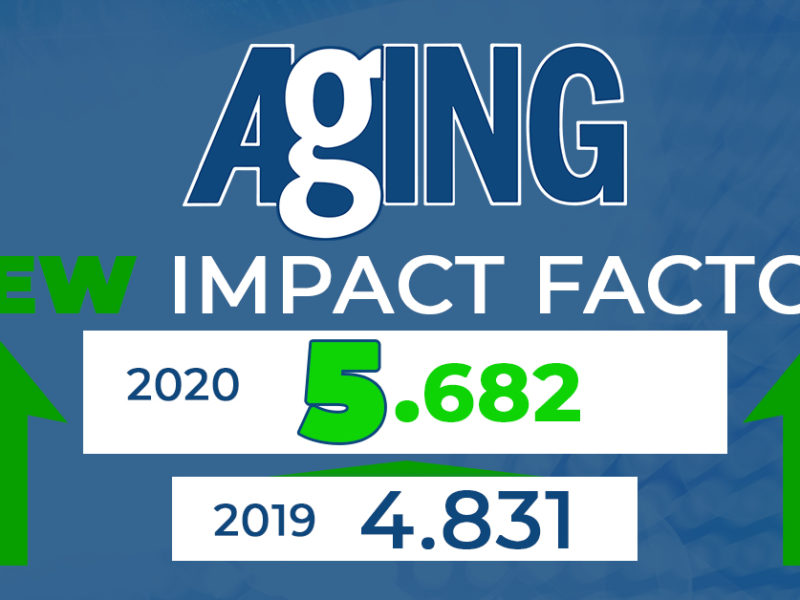
In June 2021, Web of Science (Clarivate Analytics) released their 2020 JCR Impact Factor. Aging is pleased to report that our 2020 impact factor is 5.682.
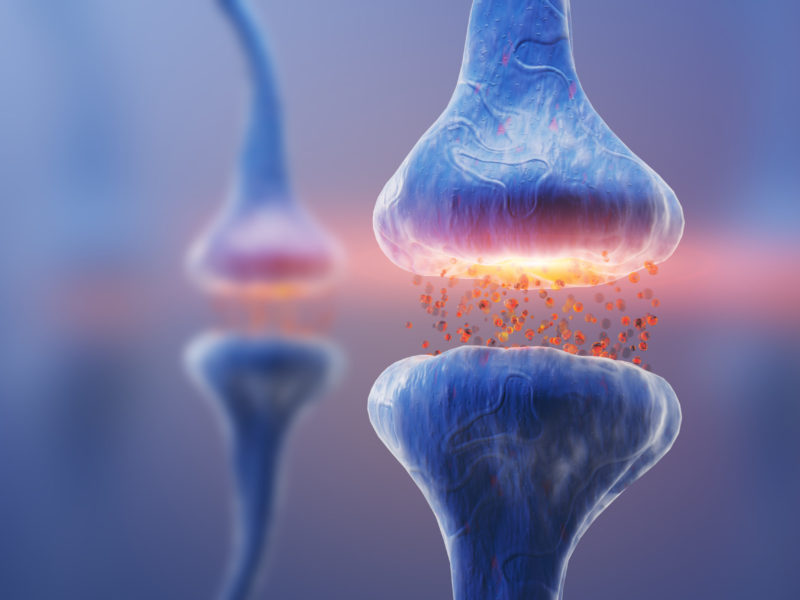
The MEND (Bredesen) protocol to treat neurodegeneration associated with Alzheimer’s disease was tested in a small cohort. In 2016, researchers followed up with objective results.
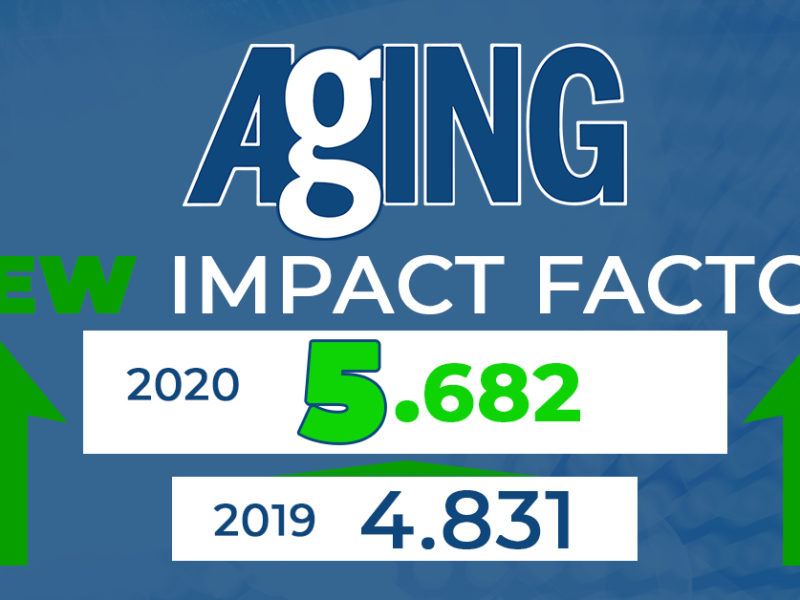
In June 2021, Web of Science (Clarivate Analytics) released their 2020 JCR Impact Factor. Aging is pleased to report that our 2020 impact factor is 5.682.

Researchers from the Campisi Lab discovered new insights while investigating Cdkn1a transcript variants 1 and 2.
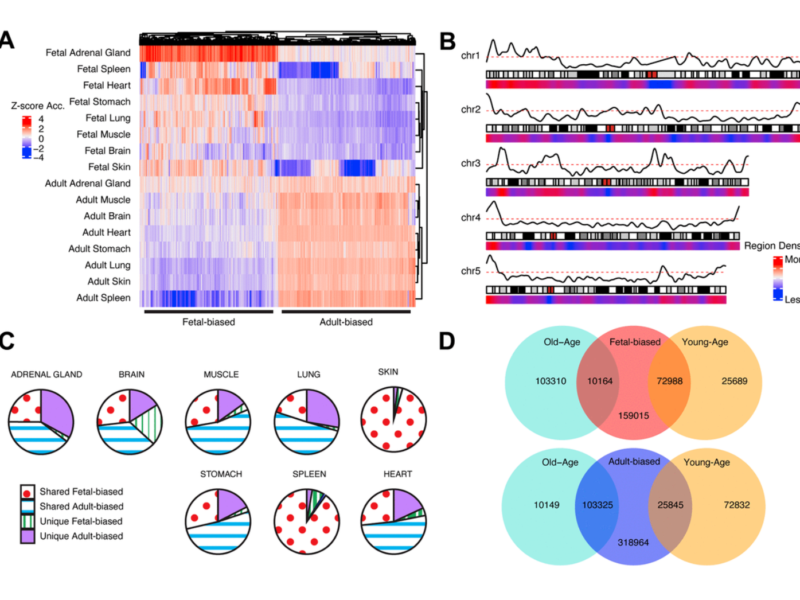
Researchers from Harvard University and the Broad Institute wrote a theory article, published by Aging in 2021, and entitled, “Shifting epigenetic contexts influence regulatory variation and disease risk.”

